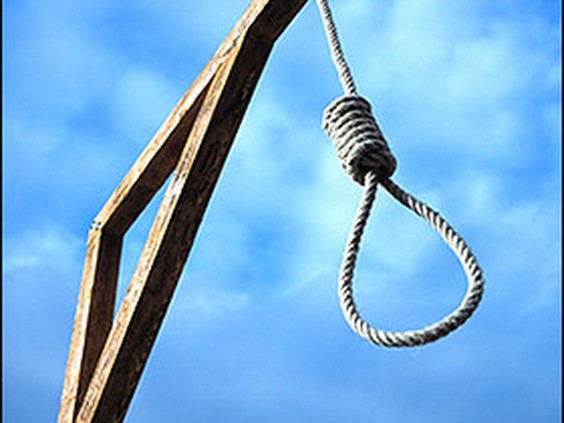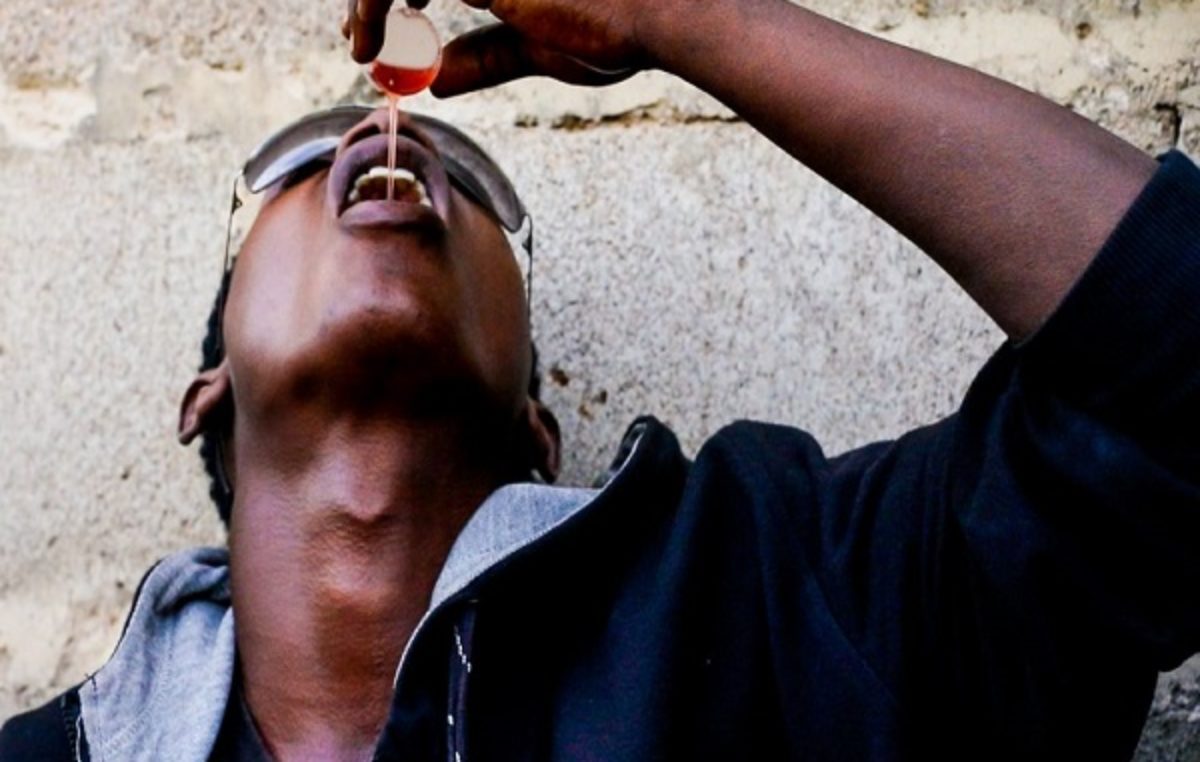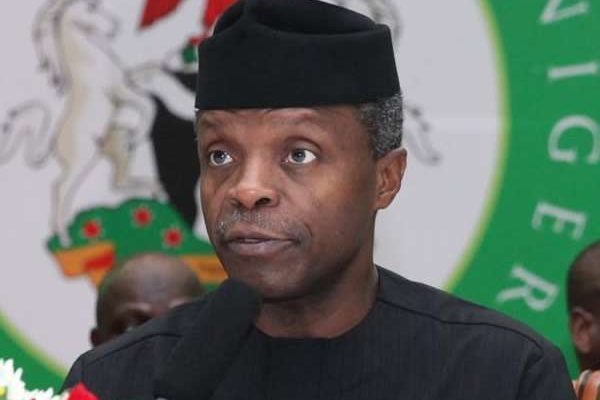Play Leading Roles In Suicide Prevention, Psychiatrists Urge Religious Leaders
Some consultant psychiatrists have urged religious leaders to play leading roles in the prevention of suicide now rampant in our society.
The consultant psychiatrists are: Prof. Olatunji Aina of College of Medicine, University of Lagos; Dr Tomi Imarah and Dr Kafaya Ogunsola.
Commenting, Aina said that religious activities contributed immensely to the stability of people suffering from mental conditions. He said that the mentally ill most times used religion to cope with their distress.
“Religious activities including prayers, fasting, church and mosque attendance, spirituality, are known to relieve psychiatric symptoms, discourage suicide and even heal physical illnesses, “ Aina said.
In her contributions, another Consultant Psychiatrist, Imarah said often times people yield to the myths that they were under spiritual attacks when they were going through emotional and mental distress. Imarah, who run an online Mental Health Counselling Service, called Dr Tomi’s Haven via her facebook page, @drtomihaven, said: “Even, if they have their suspicions about the cause, they may not be informed about accessible mental healthcare.
“These two possibilities may lead them to turn to their spiritual leaders.
“Being aware of these facts and the influence they have over their followers, these leaders can help them find succour by enlightening them about their symptoms and the need for psychiatric assessment and management.
“Of course, they will assure them of continuous spiritual support and guidance through the journey to recovery.
“They can also serve as referral centres, providing them with information about available help nearest to them,“ she said. According to her, many leaders may feel inadequate in bringing up mental health issues because of insufficient knowledge. She said that it was the responsibility of mental health professionals to take up the tasks of educating them.
“In January, the mental health awareness and advocacy arm of Dr Tomi’s Haven will launch an outreach in some churches.
“The churches have demonstrated a willingness to have us facilitate a seminar to educate their counselling units and pastorate on the recognition of common mental illnesses.
“We will be teaching them how to use simple screening tools in the course of their counselling sessions, so that they can readily identify people who need to be urgently referred to psychiatric facilities.
“We will also task them with a directory of mental health facilities in their cities to aid follow up of flagged cases.
“It is our hope that these joint efforts among psychiatric facilities and religious houses will produce a synergistic effect.
“We can all work together to minimise the despair and hopelessness that is contributing to the rising incidence of suicides in the country,“ Imarah said.
Also, Ogunsola, who runs a private consulting service, Empathyspace Consulting Services, said that religious leaders have firsthand information about the problems of their people. She said that encouraging people to seek professional help for mental disorders, would go a long way to curb the rising cases of suicide in the society. Ogunsola, who also advocates for mental health through her online platform Empathyspaceng, said: “Religious leaders must realise that they play a very important role in the society.
“Asides from being responsible for spiritual upliftment and guidance of members in the society, they have the trust of the people.
“Also, they are confidants to many, because they are seen as being able to intercede on their behalf with God.
“If mental disorders are recognised by Imams and Pastors, for what they are `medical disorders`, people will have no problems seeking treatment for it and getting well.
“However, if there are insinuations of it being a spiritual attack or a result of living in sin or having a weak spiritual life, it becomes a problem,“ Ogunsola said. In his remarks, a resident doctor at the Federal Neuro-Psychiatric Hospital, Yaba, Dr Kenneth Uwaje, said there was need to educate religious leaders about mental disorders. Uwaje said, “We want to bring information to people, make them know that despite hearing voices or other spiritual experiences, there are treatments that are scientifically proven and therapeutically effective.’




